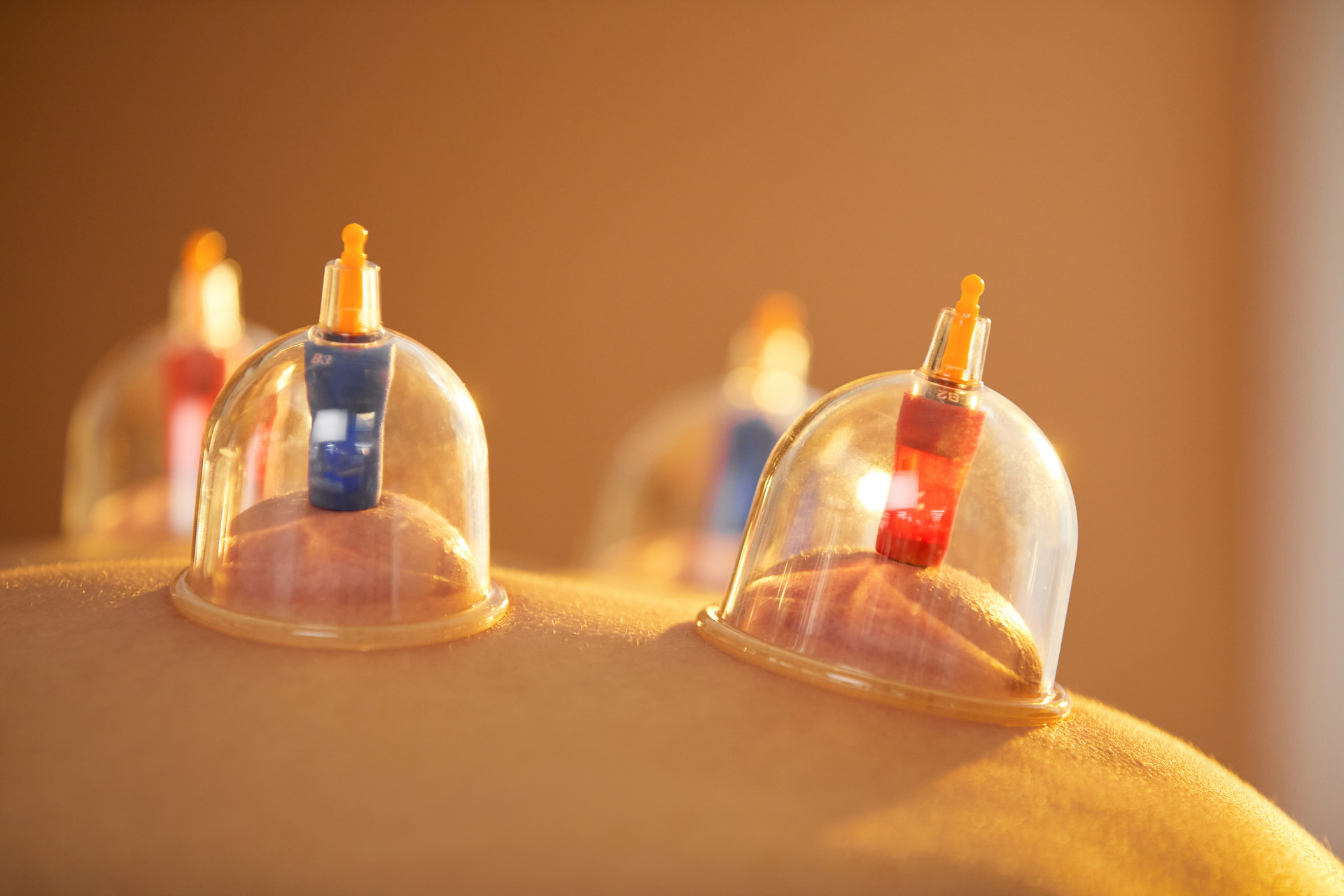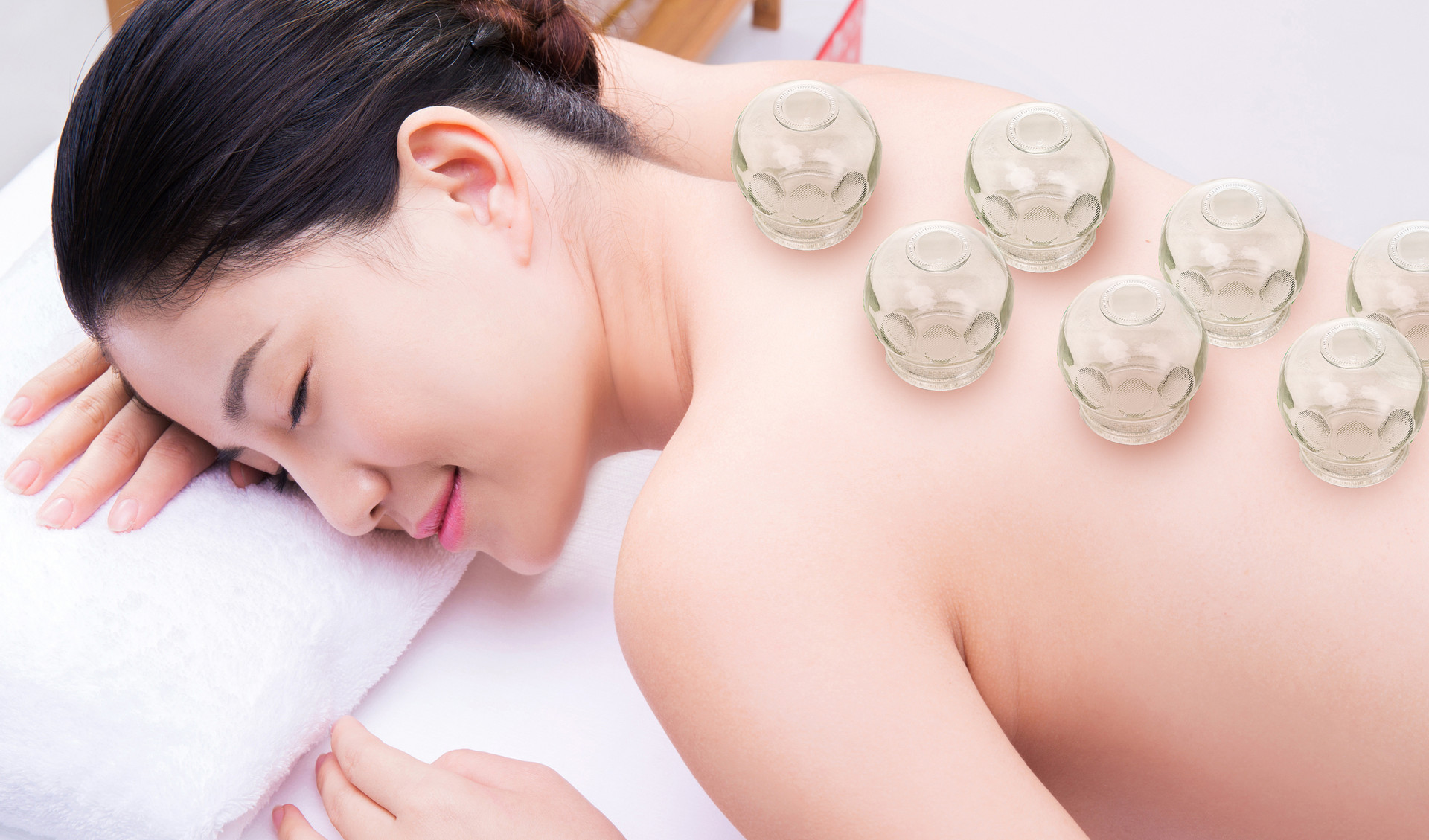The Four Pass Acupoints, also known as Hegu and Taichong, refer to the combination of these two acupoints. Hegu is the original acupoint of the Hand Yangming Large Intestine Meridian, and one of the four main acupoints. It is located between the first and second metacarpal bones, commonly known as the "Tiger's Mouth". Taichong is the connecting and original acupoint of the Foot Jueyin Liver Meridian. It is located between the first and second metatarsal bones on the dorsum of the foot. Both Hegu and Taichong are important acupoints for health maintenance, and the combination of the two is called the "Four Pass Acupoints", which signifies the vital points of human life.
The Hand Yangming Large Intestine Meridian starts from the hand, runs along the outer side of the arm, and terminates at the Yingxiang acupoint on the head and face. Therefore, diseases of the head, face, and sensory organs, such as headache, sore throat, dry mouth, nosebleeds, toothache, and facial paralysis, can be treated and prevented through cupping therapy on Hegu acupoint. Cupping therapy on Hegu acupoint also helps to maintain the smooth flow of the Large Intestine Meridian, facilitating the timely elimination of metabolic waste and toxins from the body.
The Foot Jueyin Liver Meridian starts from the foot, runs along the inner side of the lower limb, passes through the genital area, and ascends to the top of the head along the sides of the body. The liver stores blood, regulates emotions, governs tendons, and opens into the eyes. Taichong acupoint is the connecting and original acupoint of the Liver Meridian, therefore cupping therapy on Taichong acupoint can prevent and treat diseases related to the nervous system, reproductive system, liver and gallbladder system, as well as symptoms such as dizziness, headache, red and swollen eyes, and muscle and tendon stiffness. Regular cupping therapy on Taichong can help regulate blood pressure, enhance sexual function, adjust emotions, and improve vision, allowing individuals to face life with energy and a sense of well-being.






